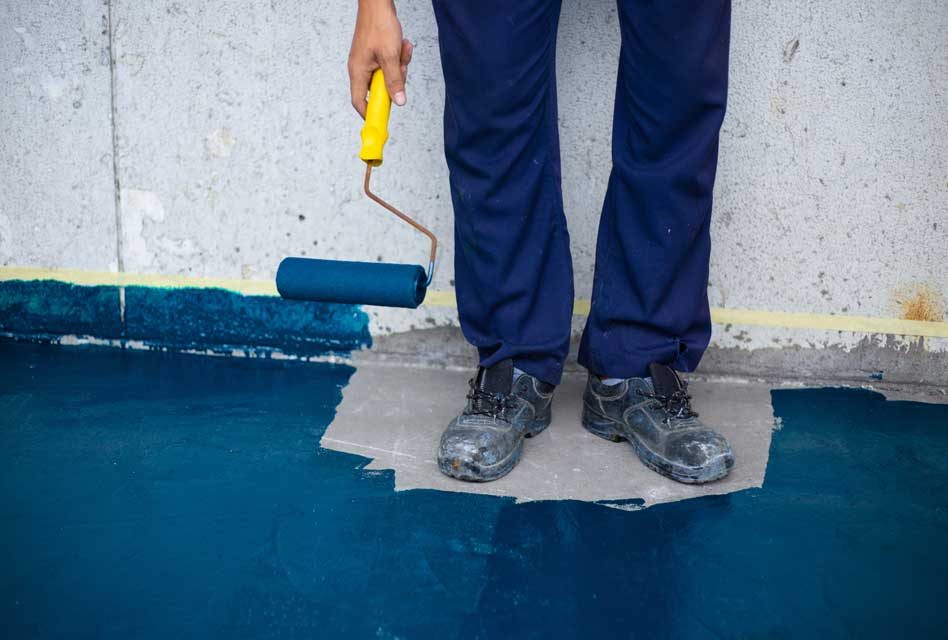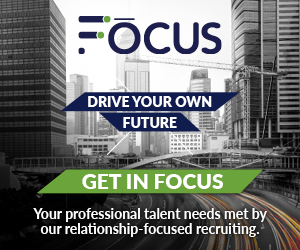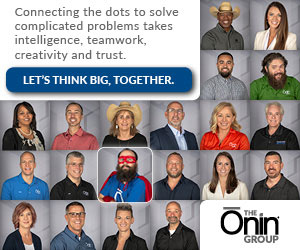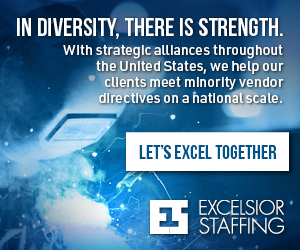“Failure is simply an opportunity to begin again, this time more intelligently.” ~ Henry Ford
We’ve all experienced failure at different times in our lives. As children, we weren’t successful at convincing our parents to let us subsist solely on junk food, and during our school years, we didn’t receive perfect scores on every exam (and may have even bombed a few of them!). We still don’t win every game we played, not everyone we ask on a date says “yes,” and not all of us are good cooks.
Failures creep into our professional lives too. Whether you’re a salesperson, a recruiter or a business owner, you will definitely fail one day (if you haven’t already).
It happens to everyone — even to the most successful people. After all, at the age of 30, Steve Jobs was booted at from the company he’d founded. Fortunately for him — and for those of us who rely on touch-screen mobile devices — he returned to Apple a few years later.
Successful people are distinguished by their ability to learn from their failures. When they pick themselves up, take a careful look at what just happened and then try again, failure can lead to success.
How we learn (or don’t learn) from mistakes carries over into all of our relationships — and business relationships are no exception. Your customers constantly evaluate you on multiple criteria, and how you recover from your missteps is one of them.
Disney values the customer experience so seriously it’s actually formalized a company-wide strategy for fixing customer-service problems called H.E.A.R.D., which encourages employees to “hear,” “empathize,” “apologize,” “resolve” and “diagnose.” The successful implementation of such customer-oriented practices has played a significant role in helping Disney develop its current reputation for excellent service.
Marketer Mike Schoultz describes an event anyone who’s traveled has likely encountered: a subpar hotel experience. He expressed his concerns to the management, whose members not only immediately fixed the problem, but did whatever they could to improve and strengthen the hotel’s relationship with him.
The result? Not only did Schoultz have a terrific three-day stay at the hotel, he told others about his great experience. The hotel came out ahead by keeping Schoultz’s business — and possibly even winning new business from people in his sphere of influence.
Each customer-service interaction is a unique situation, of course, but because the possibility for failure is ever-present, customer-service experts nearly always stress the importance of being able to acknowledge mistakes.
“Know how to apologize,” says one. “Admit mistakes,” says another. Another points out that “a quick way to lose a client forever is not admitting that you are at fault and not fixing your own mistakes.”
It all boils down to this: You’re not perfect, and your customers know that, not because they expect you to fail, but because being imperfect is part of the human condition — and they’re humans, too.
Obviously, you should do your utmost to deliver the best customer service you possibly can. At the same time, you should be aware that no matter how diligent you are, you will let your customers down at some point.
So be ready for that moment. Be ready to acknowledge your mistakes and fix them so well that you not only resolve the problem but provide even better service than your client expected.
That’s how you recover from failure —and how to keep your customers and build their loyalty.
Mike McKerns
Mamu Media
Mike McKerns is the CEO of Mamu Media, a company that brings a single product to market — branded magazines — that companies can leverage to position their firm as a business partner and thought leader to their clients and prospective clients.






